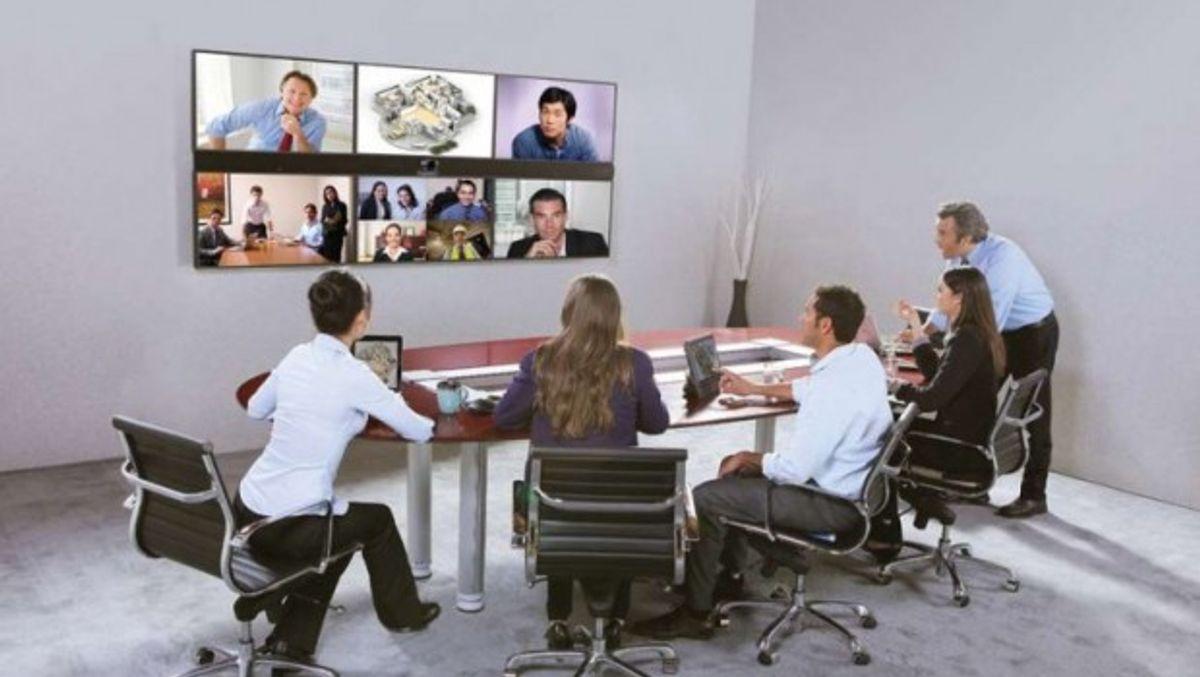Effective contact collection during events is pivotal for building lasting relationships and enhancing communication channels. This article delves into the best practices and strategic approaches to gather and manage contact information efficiently, ensuring both quality and compliance with legal standards.
Key Takeaways
- Understanding the strategic importance of contact collection can significantly enhance network building and post-event engagement.
- Implementing modern digital tools and interactive elements can optimize the efficiency and accuracy of contact collection at events.
- Adhering to legal and ethical standards in contact data management not only protects privacy but also builds trust with event attendees.
Understanding the Importance of Contact Collection

Building a Robust Network
To effectively expand your professional or business network, contact collection is crucial. Utilize CRM systems like Salesforce or HubSpot to systematically store and manage these contacts. This ensures you have the necessary data to build meaningful connections post-event.
Enhancing Event Follow-up
Effective follow-up after an event can transform leads into valuable connections or customers. Employ automated email marketing tools such as MailChimp or Constant Contact to send personalized follow-ups based on the contact data collected.
Facilitating Future Engagement
By maintaining a well-segmented contact database, you enable targeted communication for future events or promotions. Tools like Marketo or Adobe Campaign help in segmenting contacts based on their interests and interactions, enhancing the relevance of your communications.
Strategies for Efficient Contact Collection
Utilizing Digital Tools
Embrace the power of digital tools to streamline your contact collection process. Implement QR codes at strategic locations around your event space, allowing attendees to quickly scan and input their contact information. Consider using platforms like Eventbrite or SignUpGenius for pre-event registrations, which can help in collecting attendee data upfront.
Incorporating Interactive Elements
Interactive elements not only engage attendees but also facilitate efficient contact collection. Set up interactive kiosks or tablets where attendees can enter their details. Include a call to action, like “Sign up for our event giveaway,” to encourage attendees to scan the QR code. Games or VR experiences can also be used to collect data in a fun and engaging way.
Leveraging Social Media Platforms
Use social media platforms to extend your reach and collect contacts more effectively. Create event-specific hashtags and encourage attendees to use them when posting about the event. This not only increases your event’s visibility but also helps in gathering digital footprints that can be converted into contact lists. Tools like Hootsuite or Buffer can aid in managing and analyzing social media interactions for better contact collection.
Optimizing Contact Data Quality

Ensuring Data Accuracy
To ensure data accuracy, start by implementing real-time validation during data entry. Utilize tools like Salesforce or HubSpot which offer built-in validation rules to prevent errors. Regularly update your CRM systems to reflect accurate and current information.
Regular Data Cleaning
Regular data cleaning is crucial to maintain the integrity of your contact database. Schedule monthly clean-ups to remove duplicates and correct inaccuracies. Use automated tools such as Data Ladder or Talend to streamline this process.
Segmentation and Categorization
Segmenting and categorizing your contacts allows for more targeted communication and marketing efforts. Define clear categories based on demographics, behavior, or transaction history. This structured approach enhances the effectiveness of your outreach and engagement strategies.
Legal and Ethical Considerations

Compliance with Data Protection Laws
You must ensure compliance with various data protection laws such as GDPR, CCPA, and others depending on your event's location. Develop a comprehensive privacy policy that clearly outlines how you collect, use, store, and protect attendee data. Use tools like OneTrust or TrustArc to manage consent and privacy preferences effectively.
Ethical Data Usage
When using collected data, prioritize ethical considerations to maintain trust and integrity. Avoid using data in ways that could mislead or harm attendees. Implement guidelines that ensure data is used responsibly and transparently, focusing on enhancing attendee experience rather than exploiting it.
Maintaining Transparency with Attendees
It's crucial to maintain transparency with your attendees about the data collection processes. Provide clear, accessible information on what data is collected, how it is used, and how attendees can access, update, or delete their information. This openness fosters trust and encourages more genuine engagement.
Conclusion
In conclusion, effective contact collection at events is crucial for building meaningful connections and enhancing future communications. By implementing the best practices and strategies discussed, such as leveraging technology, personalizing interactions, and ensuring data privacy, organizations can maximize their networking opportunities and achieve their event goals. Remember, the quality of contacts collected is just as important as the quantity, and a well-executed contact collection strategy can significantly contribute to the success of any event.
Frequently Asked Questions
What are the best tools for digital contact collection at events?
There are several effective tools for digital contact collection including event apps, QR codes, and digital forms. These tools streamline the process and ensure data accuracy.
How can I ensure the quality of the contact data collected?
To ensure data quality, always verify the information at the point of collection, regularly clean the data to remove duplicates and outdated information, and use segmentation to organize contacts effectively.
What are the key legal considerations when collecting contact information at events?
It is crucial to comply with data protection laws like GDPR or CCPA, depending on your location. Always obtain explicit consent from attendees for data collection and usage, and ensure transparency about how their information will be used.
